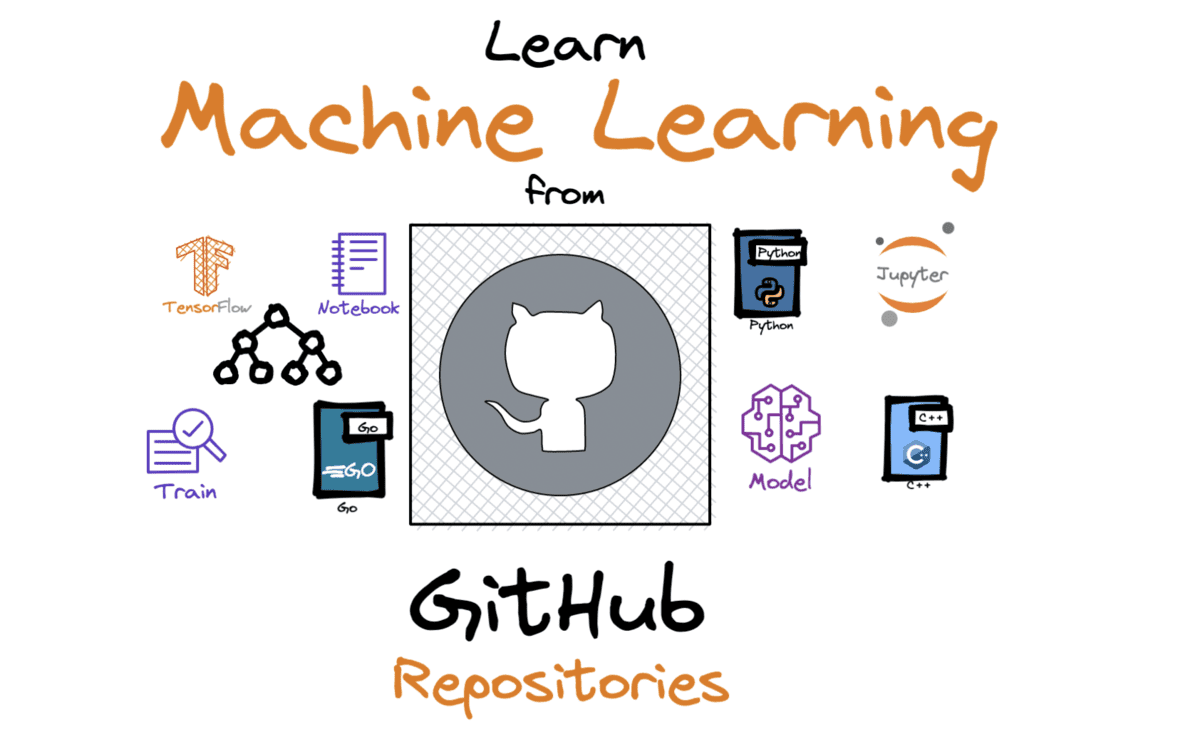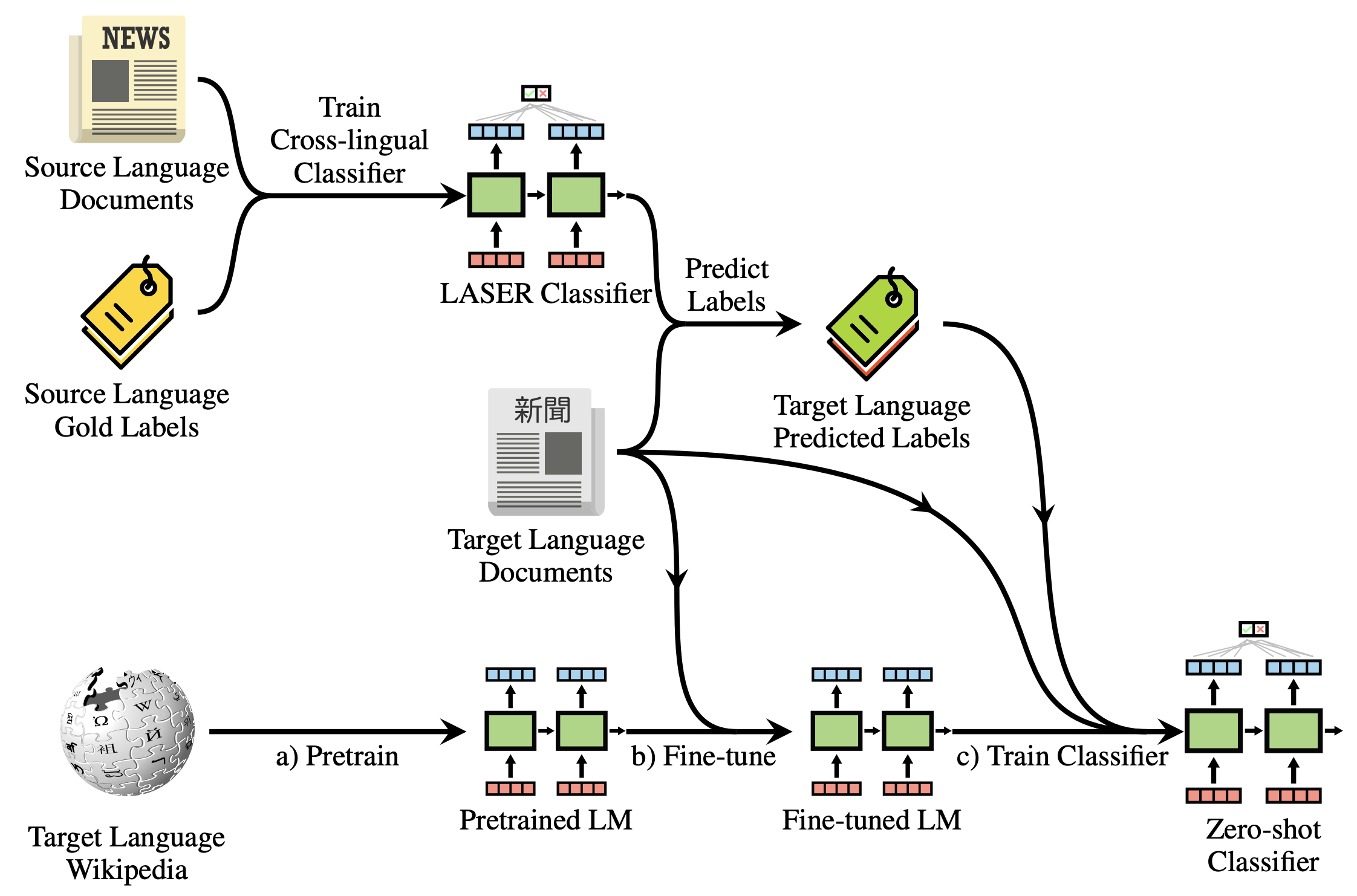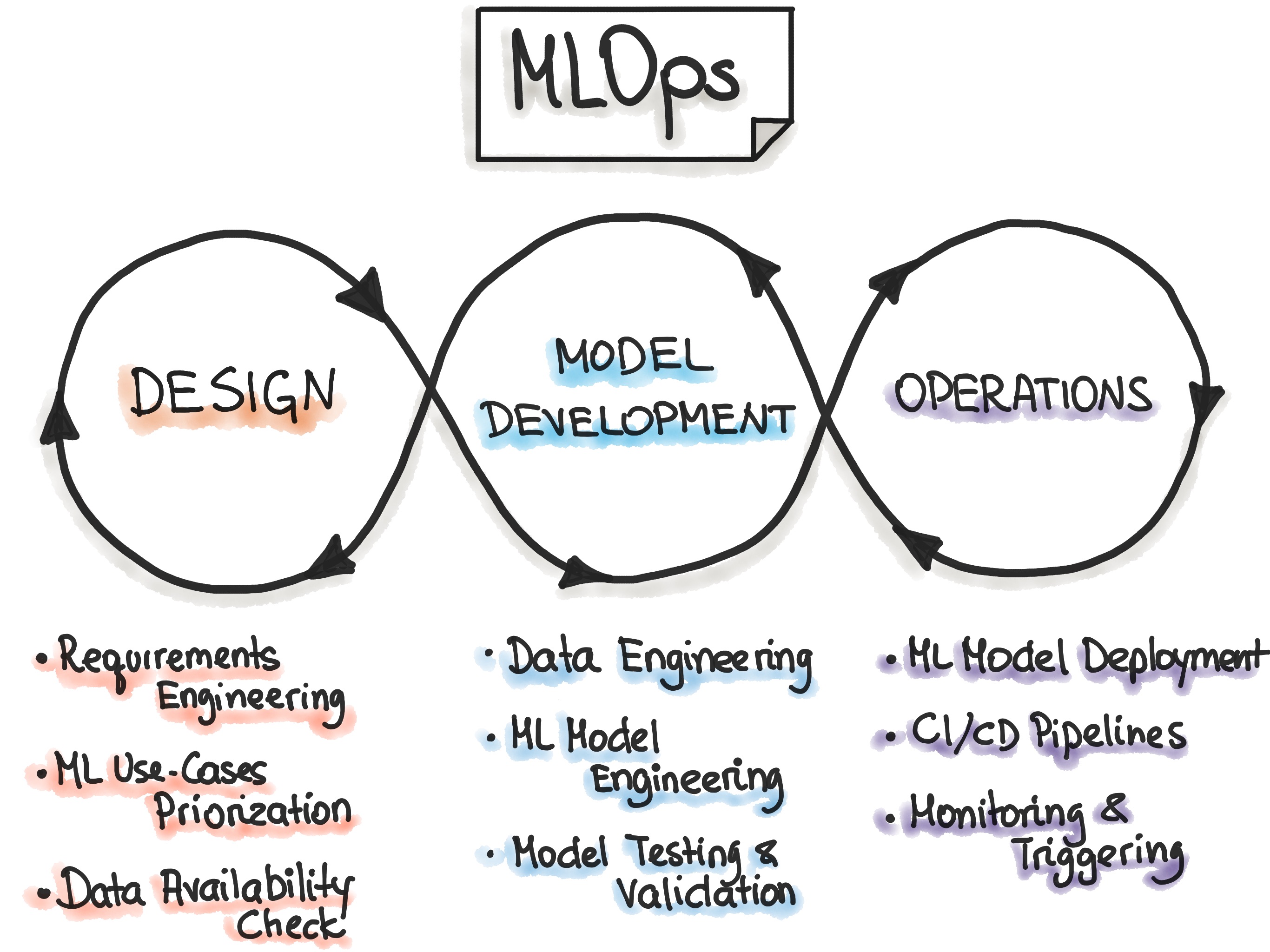
Table of Contents
- FastAI Practical Deep Learning
- Microsoft AI for Beginners
- ML Engineering for Production
- Interactive Machine Learning
- Open Source AI Projects
Introduction
For those starting their artificial intelligence journey, GitHub is a goldmine of resources. However, many beginners often overlook hidden repositories that offer practical learning tools, production-ready templates, and community-driven projects. These repositories are designed to help you go from zero to hero in AI, whether you're interested in deep learning, natural language processing, or machine learning engineering.
In this blog post, we’ll explore five must-see GitHub repositories that are perfect for AI beginners. Each repository includes detailed descriptions, key features, and how they can help you build your skills. Let’s dive in!
1. FastAI Practical Deep Learning
FastAI's Practical Deep Learning is one of the most beginner-friendly resources for diving into AI. This repository is packed with Jupyter notebooks that cover everything from computer vision to natural language processing and collaborative filtering. The best part? It’s designed to teach you through real-world applications, making it easier to understand complex concepts.

"The best way to learn deep learning is by doing" - FastAI Team
Key Features:
- Hands-on tutorials with real datasets
- Step-by-step explanations of deep learning concepts
- Focus on practical applications like image recognition and text analysis
Why It’s Great for Beginners: FastAI breaks down complex topics into digestible chunks, making it easier for newcomers to grasp advanced concepts without feeling overwhelmed.
2. Microsoft AI for Beginners
Microsoft's 12-Week AI Curriculum is a structured learning path designed for absolute beginners. This repository offers a comprehensive guide to AI, covering topics like neural networks, machine learning basics, and even ethical AI principles. Each week includes code samples, quizzes, and projects to reinforce your learning.

Key Features:
- 12-week structured curriculum
- Focus on both technical and ethical aspects of AI
- Interactive quizzes and hands-on projects
Why It’s Great for Beginners: The structured approach ensures you build a strong foundation, while the focus on ethics prepares you for real-world AI challenges.
3. ML Engineering for Production
MLOps-Basics is a must-visit repository for anyone interested in taking their AI models from notebooks to production. This repository focuses on MLOps (Machine Learning Operations), teaching you how to build deployment pipelines, monitor models, and integrate AI systems with cloud platforms.

Key Features:
- End-to-end MLOps tutorials
- Focus on deployment and monitoring
- Cloud integration guides (AWS, GCP, Azure)
Why It’s Great for Beginners: MLOps is a critical skill for AI practitioners, and this repository provides a beginner-friendly introduction to the field.
4. Interactive Machine Learning
Model Interpretation Library is a fantastic resource for understanding how machine learning models make decisions. This repository focuses on feature importance analysis and model diagnostics, using interactive visualizations to help you interpret complex models.

Key Features:
- Interactive visualizations for model interpretation
- Focus on explainable AI (XAI)
- Easy-to-follow examples and tutorials
Why It’s Great for Beginners: Understanding model interpretability is crucial for building trust in AI systems, and this repository makes it accessible for beginners.
5. Open Source AI Projects
Awesome AI Curated List is a treasure trove of open-source AI projects. This repository aggregates over 500 tools, libraries, and frameworks across various AI domains, including natural language processing, reinforcement learning, and AI research papers.
Key Features:
- Curated list of 500+ AI tools
- Focus on open-source projects
- Implementation guides and tutorials
Why It’s Great for Beginners: This repository is perfect for exploring different AI domains and finding projects that match your interests.
Conclusion
These hidden GitHub repositories are invaluable resources for anyone starting their AI journey. From hands-on tutorials to production-ready templates, they provide the tools and knowledge you need to succeed. Whether you're interested in deep learning, MLOps, or explainable AI, these repositories have something for everyone.
Bookmark these repositories, explore their content, and start building your AI skills today. Remember, the key to mastering AI is consistent practice and exploration. Happy coding!